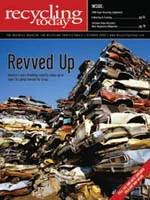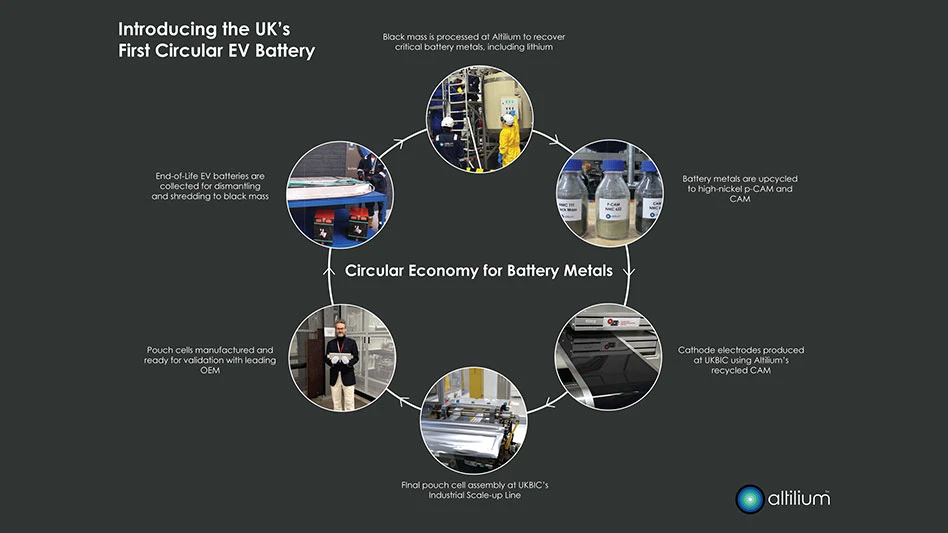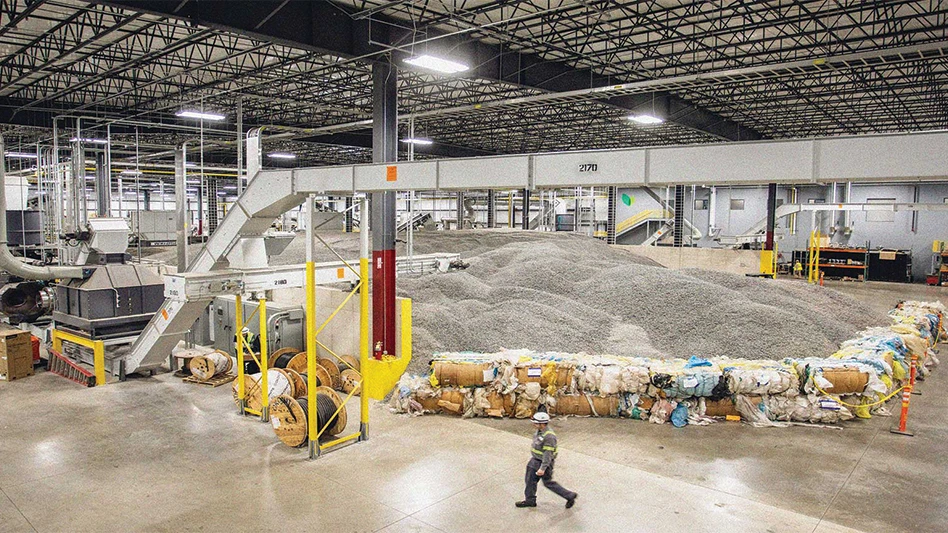In a three-part series, Dag Adamson, President of LifeSpan Technology Recycling, discusses the advantages of electronics recyclers being certified.
Part I
Many companies have become increasingly concerned with sustainability and environmental stewardship as the "green" movement has swept over corporate America. At the same time, both Federal and State governments have passed comprehensive legislation to both protecting the environment and ensure data privacy. The increasing volume of end-of-life electronics, coupled with the proliferation of product "take-back" programs, have boosted market demand for IT asset disposal services. In response, the number of electronics recyclers has increased dramatically. However, the news is full of horror stories of broken equipment winding up in overseas landfills and sensitive data inadvertently released to the public by careless or unscrupulous recyclers. How then can a consumer achieve peace of mind knowing that a company’s end-of-life electronics are being disposed of in a secure and environmentally responsible manner?
One answer to this problem is insisting on having the electronics recycling vendor be certified by an accredited third party. While these certification programs have variations, they all share the following characteristics:
1. The ability to provide an all-encompassing "seal of approval"
2. An emphasis on Total Quality Management ("TQM") and/or ISO9001
3. The presences of an Environmental Management System and/or ISO 14001
4. Compliance with Health, Safety, and Security standards
5. Periodic audits by an independent third-party
One example of a national certification is the "Certified Electronics Recycler" program sponsored by the International Association of Electronics Recyclers (note: the IAER recently was absorbed by the Institute of Scrap Recycling Industries). The IAER is an organization that has developed and implemented a set of national standards that incorporate Best Management Practices for electronics recycling recommended by the Environmental Protection Agency.
In addition, companies seeking IAER certification must undergo a formal, objective examination by an accredited third-party auditor. Participating companies are evaluated on a variety of criteria related to environmental management systems, quality programs, business performance and financial stability, employee health and safety programs, security systems, and overall operations management. The audits are performed by Bureau Veritas Quality International (BVQI), a company involved in registration to international quality and environmental standards.
BVQI has a network of 5,700 auditors and about 80,000 clients in more than 100 countries and delivers more than 100,000 certificates. The firm is recognized by more than 35 national and international accreditation bodies.
Another program that focuses on data security is the new NAID AAA Certification that was developed and is managed by the National Association for Information Destruction for companies that provides computer hard drive sanitization services. This certification program was developed and is managed by the National Association for Information Destruction. The program verifies the security of the company’s facilities, chain of custody and audit trail, while a separate independent forensic testing lab verifies the effectiveness of the quality control and overwriting process. NAID already has certified more than 360 member locations that provide physical destruction of media, but has only recently developed a separate certification program for companies who sanitize computer hard drives.
The EPA also has developed a set of standards for recyclers entitled "EPA R2". These standards consist of a set of "Best Practices" for electronics recycling, but are not driven by specific regulations. The program is constantly evolving, and the EPA is currently on draft V17 of the standards.
It is important to note that while the EPA developed and actively promotes these standards, there is no such thing as "EPA Certification". Any claims by recyclers that they have been certified and/or endorsed by the EPA are blatant misrepresentation. Dag Adamson
In Part Two of this series, we will examine the evolution of technology and standards for chain of custody and onsite data destruction.
About the Author:
Dag Adamson is President of LifeSpan Technology Recycling. LifeSpan is a managed services company that provides electronic asset retirement services to corporations, municipalities, and not-for profit organizations nationwide.

Explore the October 2008 Issue
Check out more from this issue and find your next story to read.
Latest from Recycling Today
- Returpack reports increased DRS activity in Sweden
- Trade groups align against European export restrictions
- Construction, auto sectors show mixed signals
- Politics in Turkey threaten recycled steel outlet
- Toppoint Holdings expands chassis fleet
- Lego creates miniature tire recycling market
- Lux Research webinar examines chemical recycling timetables
- Plastics producer tracks pulse of wire recycling market





